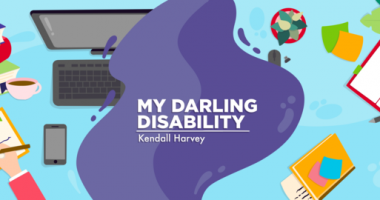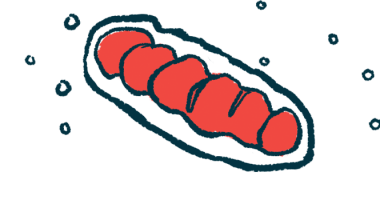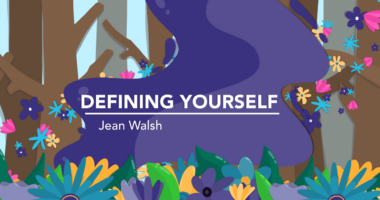How my views on optimism and pessimism have evolved due to FA
After diagnosis, pessimism dominated this columnist's life, but things changed

I was in high school when I first encountered a famous line by Shakespeare’s Hamlet: “There is nothing either good or bad, but thinking makes it so.” At the time, I thought it was relativistic nonsense. I believed the world was divided into good and bad, and confusing the two seemed fickle or even blasphemous.
But as my physical abilities declined due to Friedreich’s ataxia (FA), I struggled to distinguish between the “bad” aspects of my condition and the “good” parts of myself. As FA became more apparent, my ability to see any good in my life faltered, even tainting my worldview. FA seemed like dark, shattered glass through which I viewed the world. I became a pessimist, always focused on the possible negative outcomes of every situation.
Thus, I tended to be a background character in high school. I was often alone, and I’d quietly write down my angsty thoughts in a spiral-bound notebook for no one else but me to see. Yet even now, I don’t think that pessimistic perspective is entirely ridiculous. Too many of my abilities have faded and too many lives in the FA community have been lost to consider FA a good thing. I’m not naive. But I’d be foolish to ignore the evolution of my writing from my high school days to what I write now for my column, “Little Victories.” My fellow columnists — Kendall Harvey, a resilient mother of two; Jean Walsh, an insightful and compassionate writer; and Elizabeth Hamilton, a spirited and wise colleague — are examples of the diverse patches on this FA quilt.
So how can I reconcile the fact that FA is despicable yet has brought me a fulfilling career at Bionews, the parent company of this website, as well as an amazing community? Maybe Shakespeare was right; perhaps nothing, not even FA, is definitively good or bad. The cause of FA is a mutated gene, operating the best it can given its situation. If we view FA as entirely bad or evil, then it feels foolish to recognize the positives it brings into our lives.
I’m not saying that you should always be an optimist who sees the glass as half-full. Rather, I encourage you to consider both perspectives — the optimist’s can-do attitude and the pessimist’s reserved wariness.
Whether you see the world positively or negatively, or both, I think it’s also important to not lose sight of hope. Always look for victories, even if they’re little ones. Nothing, not even FA, is entirely good or bad. So let’s acknowledge its tangential positives as we work tirelessly to eliminate it.
And speaking of positive things, I’m excited to announce that I’m working on a new project. It’s an immersive website that will use text, images, audio, video, and other interactive components to tell the story of my diagnosis. In addition to highlighting other rare disease community members here at Bionews, the website will also detail my own journey from pessimism to little victories, so please check it out when it’s finished.
Note: Friedreich’s Ataxia News is strictly a news and information website about the disease. It does not provide medical advice, diagnosis, or treatment. This content is not intended to be a substitute for professional medical advice, diagnosis, or treatment. Always seek the advice of your physician or another qualified health provider with any questions you may have regarding a medical condition. Never disregard professional medical advice or delay in seeking it because of something you have read on this website. The opinions expressed in this column are not those of Friedreich’s Ataxia News or its parent company, Bionews, and are intended to spark discussion about issues pertaining to Friedreich’s ataxia.









Comments